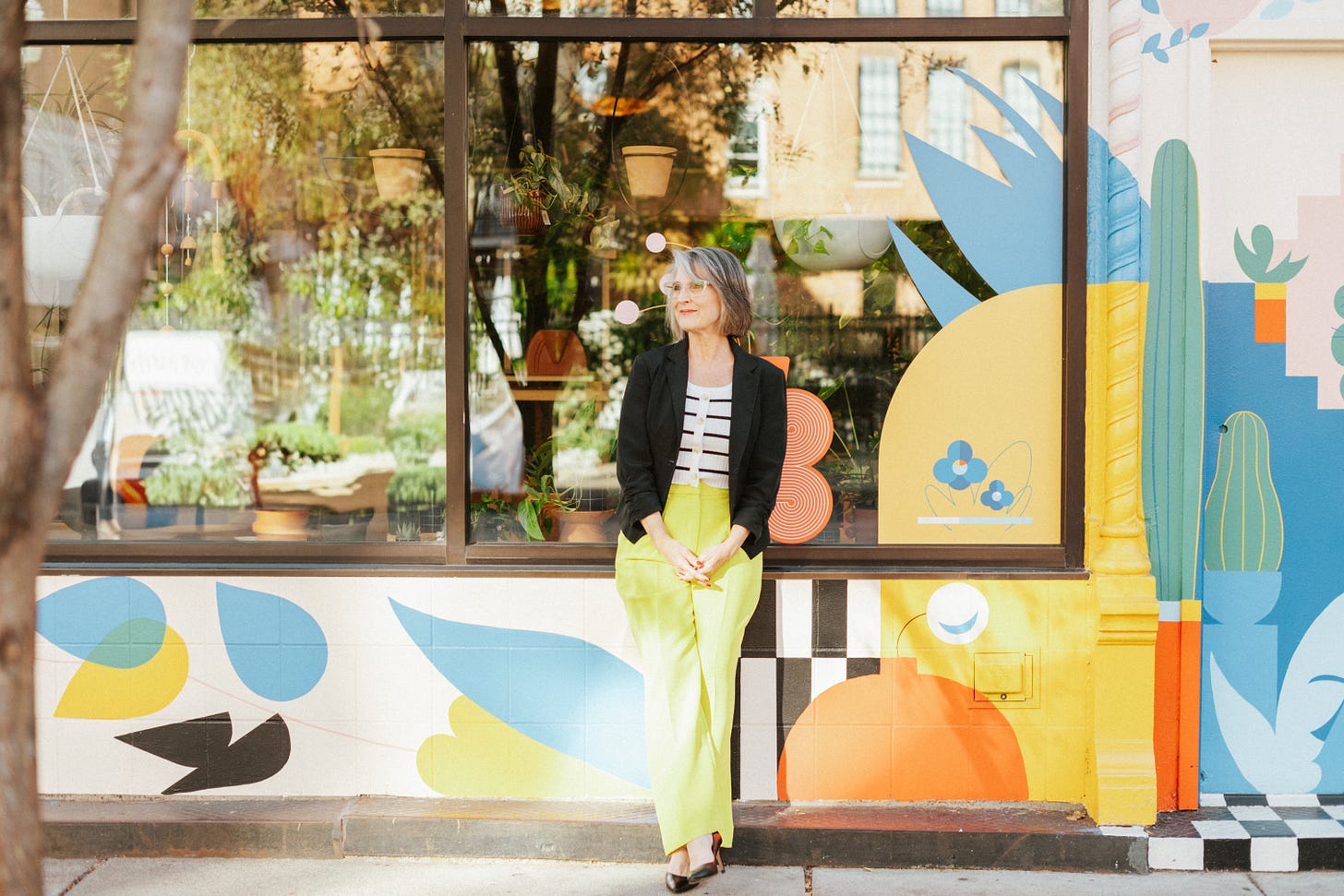The one thing I wish every home educator knew is that learning and schooling are not the same thing.
Once you embark on homeschooling, the temptation is to figure out a style of school instruction.
Will you use workbooks and textbooks?
Will you follow a literature-based program or organize history through a classical model?
How many hours a day will your kids be expected to work on math, handwriting, and grammar?
What sequence will you do the subjects?
Certainly part of homeschooling is envisioning what an ordinary day will look like. Super important to have a routine so that you can function without panic!
However, sometimes what gets lost in all that planning is thinking about how you will help you child understand what you have slated to learn.
For instance, it’s not enough to think about which math program to purchase or how many problems per day to solve. What matters infinitely more is asking: “How can I ensure my child understands the principle of addition?”
Felt Sense
Quickly in my homeschool career, I discovered that just because I assigned material didn’t mean it got learned. It might get “done” but that was not the same as true understanding.
Understanding is deeper. It comes from an epiphany! There’s this electric moment where the idea “clicks” into place. You see it happen with reading—where a child goes from painstakingly sounding out words to suddenly catching on and away that child goes—reading words with digraphs that you never taught!
I call this the “felt sense” of learning. It’s where learning goes from a purely academic exercise to one that includes the whole person. The learning becomes a personal possession the child can draw on whenever they need it.
Felt sense happens with math where times tables go from a list to memorize to grasping that multiplication is an addition shortcut. You may even delightedly find out that this child created their own mental strategy for calculating.
Felt sense happens with geography when a child thinks about a place as a living, breathing community of human beings rather than a set of lines drawn on a map to delineate a country.
Felt sense happens with punctuation when a child can feel the need for a comma or question mark in their own writing. It happens in composition when a child can envision how a literary element will heighten the power of their writing.
Kids develop a felt sense of a subject when they’re given the opportunity to create a relationship with the material. A relationship includes these properties:
physical action
emotional connection
intellectual understanding
I wish more parents put their energy into envisioning how their particular children can learn the essentials of a quality education instead of how to ensure they “cover” the key subjects.
So few programs give you tools to teach. They give you worksheets to supervise!
I want you to start from a different place—wondering to yourself how this topic, this subject can connect with your child.
I’ve got a knack for it
For some reason, I’ve been good at figuring out how to help kids learn how to write; how to use grammar, punctuation, and spelling; how to read for pleasure and knowledge; how to analyze literature; how to critically think about history and more; in a way that they value.
The main reason I got good at it is that I shed the homeschool movement expectations to produce kids who were better educated than their public schooled peers and got obsessed with understanding my own children—the learners they were/are.
I thought about how a child learns, not how a teacher teaches. I looked for signs of understanding rather than markers of so-called mastery.
Today at Brave Writer, we’ve gotten the chance to work with (not an exaggeration) hundreds of thousands of kids and their parents.
Creating a felt sense in learning IS our specialty. It’s what makes us unique.
Next week, we’re going to share how you can do this yourself for your family.
Summer Camp
Join us for our Two-Day FREE virtual Summer Camp.
We’ll help you learn how to learn, how to make learning enticing to kids, and how to AI-proof your child’s education. We’ll also show you how our programs work.
The first day is for you (with a few activities thrown in for your kids).
The second day is dedicated to your kiddos (with you eavesdropping in the background).
Can’t wait to help you prepare for your best year yet!
Register here: Summer Camp
Hope to see you there!




